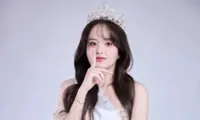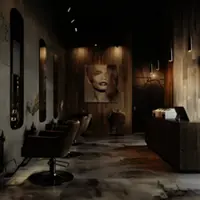Three French students came up with the idea of combining augmented reality with deepfake technology to enhance consumers' online beauty shopping experience. Photo: AFP
Turning consumers into virtual models for an ever more inclusive and personalised online shopping experience is the aim of the project helmed by three French students who won the L'Oreal Brandstorm global innovation competition.
They use a new technique combining augmented reality and the concept of the deepfake to put users at the centre of all online testing sessions, without neglecting the subtleties of skin tone or other characteristics, and all with the most realistic rendering.





